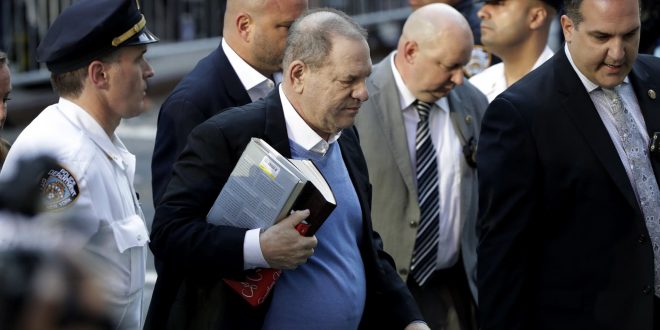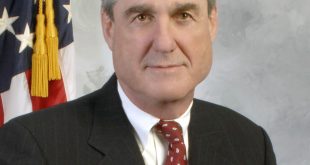Antonia Zhou
Harvey Weinstein, Hollywood movie mogul, was arrested on charges of rape on May 25, 2018. The charges held against Weinstein are first and third degree rape, and first degree criminal sex acts. Main prosecutor Joan Illuzzi comments on the case, saying “that this defendant used his money, power and position to lure young women into situations where he was able to violate them sexually.”
And indeed. Over a period of at least 30 years, more than 80 women in the film industry have accused Weinstein of sexual harassment and rape, drawing allegations from big name actresses such as Angelina Jolie and Gwyneth Paltrow.
So where did it begin?
In 2017, The New York Times published an article documenting accusations of sexual harassment against Weinstein. The allegations against Weinstein draw reactions from renowned figures such as President Barack Obama and actress Meryl Streep. Shortly thereafter, Weinstein is removed from the board of his company, The Weinstein Company.
In the ten days after the article’s publication, thirteen more women come out against Weinstein. The Academy of Motion Picture Arts and Science, the organization behind the Oscars, expels Weinstein. Several committees follow suit, including Harvard University and the Producers Guild of America.
By early May 2018, accusations stem from 85 women, his former company has filed for bankruptcy, several well known committees have stripped him of membership and awards, and his wife has filed for divorce.
The Harvey Weinstein scandal has not only begun to bring Weinstein himself to justice, but also Weinstein’s of other industries. The wake of the initial accusations saw the rise of the US #MeToo movement, as women began sharing their experiences of sexual assault in the workplace. Accusations have been leveled against more than 200 hundred well known men in what is appropriately called the “Weinstein Effect”.
Weinstein the man has denied all charges of nonconsensual sex, and plans to plead not guilty in court. He has been released on a $1 million bail, agreeing to wear a GPS tracker and to turn in his passport.
Sources: The New York Times, BBC, The Washington Post
 Tempus Magazine By Students, For Students
Tempus Magazine By Students, For Students 



